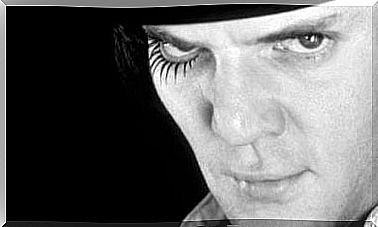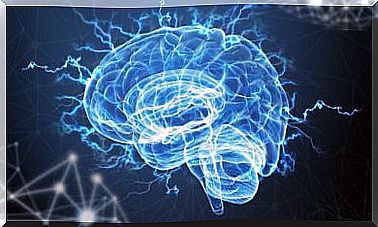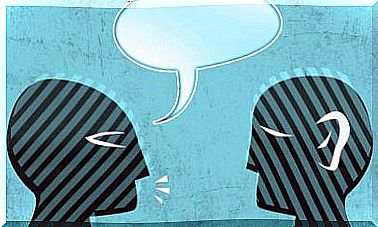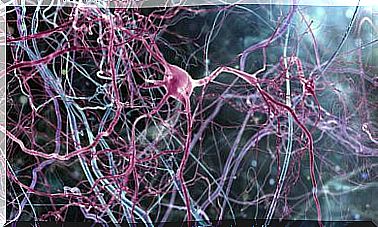How Do We Use Moral License?
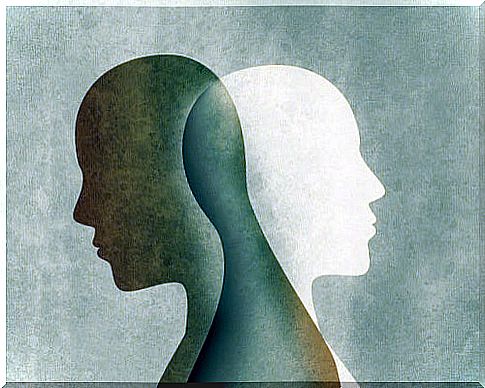
We like to present ourselves as good people, both to ourselves and to others. It is a way to maintain a positive self-image. Which also leads us to have a positive self-concept. So what makes us commit immoral acts? It has its explanation in the so-called moral license effect.
The effect of moral license means that, if in the past we have acted correctly or morally well, in the future we will be able to act “immorally”. Let’s look at an example: how many times after going to the gym or going for a run have we said to ourselves “ today I deserve a treat, I’ll eat some candy! “. That is, after a morally desired behavior, we grant ourselves the right to perform a less desired one without feeling bad about it.
Next, we will present some studies of the moral license effect. This will allow us to delve deeper into the subject. In addition, we can see what makes some people look more contaminated by this effect.

What does the research say about the moral license effect?
The moral license effect, whereby moral behavior allows a person to subsequently behave immorally, has been demonstrated in numerous experiments. Psychological theories of behavior highlight the desire of human beings for cognitive consistency in their thoughts, feelings, and behaviors.
Some intriguing research on “moral licenses” qualifies this desire for consistency by suggesting that people who behave in a morally commendable way later feel more justified in taking a morally questionable action (Merritt, Effron, & Monin, 2010).
The study observed how “moral licenses” lead to a wide spectrum of undesirable behaviors. For example, after recalling moral or socially desirable behaviors to the previous one, people showed more damaging attitudes.
According to the authors of the research, past good deeds can free people to engage in unethical or problematic behavior, which they would otherwise avoid for fear of feeling or appearing immoral.
In another study, carried out by Jessica Cascio and E. Ashby Plant in 2016, they concluded, regarding the effect of moral license, the following:
- Anticipating engaging in moral behavior allows people to behave immorally now.
- People who anticipate future moral action show more racial prejudice.
- Possible moral licenses are probably due to the accumulation of moral credits, that is, to the performance of morally correct acts in the past.
- Prejudices can be authorized by moral behavior in a different domain.
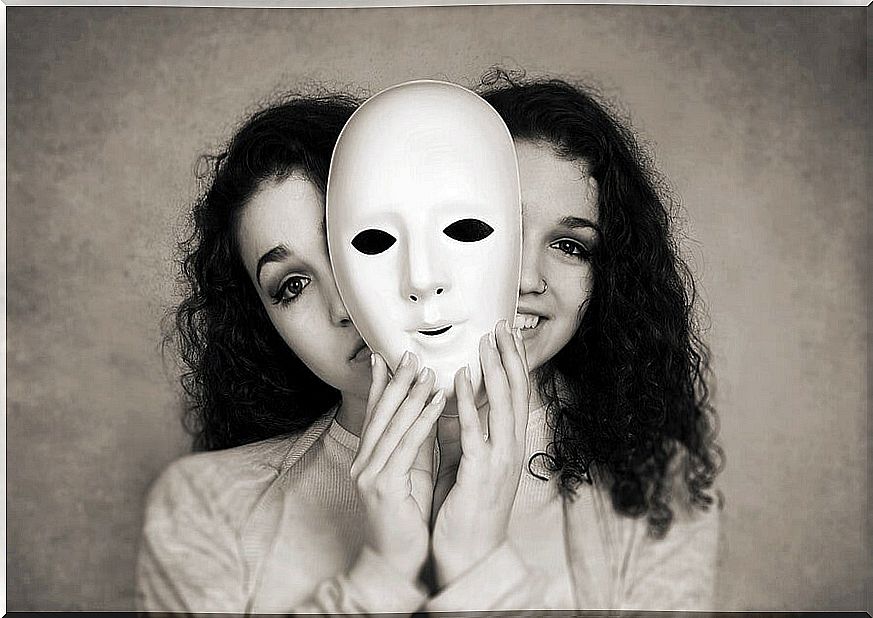
Moral cleanliness
An important contribution to the moral licensing literature examines how writing about one’s own positive or negative traits can influence charitable giving and cooperative behavior in a common dilemma (Sachdeva, Iliev, & Medin, 2009).
Based on their findings, the aforementioned authors argued that this moral license effect can best be interpreted as part of a broader moral self-regulation framework where the internal balance of moral self-esteem and the costs associated with prosocial behavior determine whether one will display moral or immoral behavior.
Ultimately, the study authors suggest that asserting a moral identity leads people to feel empowered to act immorally. However, when moral identity is threatened, moral behavior is a means of regaining some lost self-esteem.
In other words, when the moral image of oneself is established, an immoral action is allowed without fear of losing that moral image (moral license). However, when one appears immoral to others, positive actions are needed to restore the moral image (moral cleanliness).
